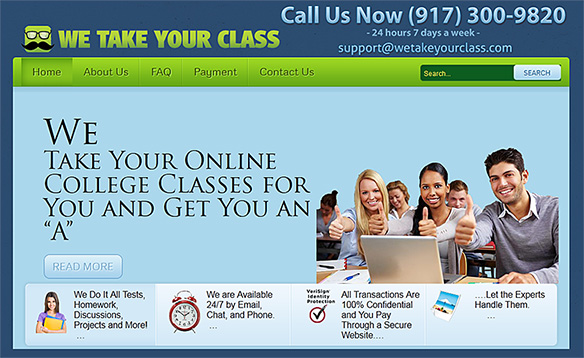From DSC:
High-stakes testing: Is it removing the enjoyment ot teaching….and learning? I reflected on that question after I saw the item below:
.
From DSC:
I wonder:
- How such high-stakes assessment systems are impacting incentive systems and funding? Are they changing the field of teaching?
- How much standardized testing — and having to teach to such tests — is impacting teachers’ enjoyment of their careers?
- How much standardized testing is impacting learners’ enjoyment of their educational experiences? If it’s killing the love of learning, I say we significantly lessen the importance that we place upon such standardized tests. One of the key deliverables that I think we need to strive for right now in education is that people enjoy learning and appreciate it — because the reality in today’s workplace is that they’ll need to be doing it for the rest of their lives:
Mind the (Skills) Gap –– from HBR by William D. Eggers, John Hagel and Owen Sanderson
Excerpt:
A bachelor’s degree used to provide enough basic training to last a career. Yet today, the skills college graduates acquire during college have an expected shelf life of only five years according to extensive work we’ve done in conjunction with Deloitte’s Shift Index. The key takeaway? The lessons learned in school can become outdated long before student loans are paid off.
And it’s not only white-collar, college-driven careers that will suffer rapid skills obsolescence. Think of how new metering systems and motion sensors suddenly require highly technical skills from contractors, plumbers and electricians. Or how welders working on wind turbines now need specialized degrees and the ability to read CAD blueprints or LEED certification requirements.
…














![TheSiegeOfAcademy-Sept2012 The Washington Monthly - The Magazine - The Siege of Academe [Kevin Carey]](http://danielschristian.com/learning-ecosystems/wp-content/uploads/2012/08/TheSiegeOfAcademy-Sept2012.jpg)
![OnlineCollegeStudents2012-Aslanian-Clinefelter Online College Students 2012: Comprehensive Data on Demands and Preferences [Aslanian & Clinefelter]](http://danielschristian.com/learning-ecosystems/wp-content/uploads/2012/08/OnlineCollegeStudents2012-Aslanian-Clinefelter.jpg)


